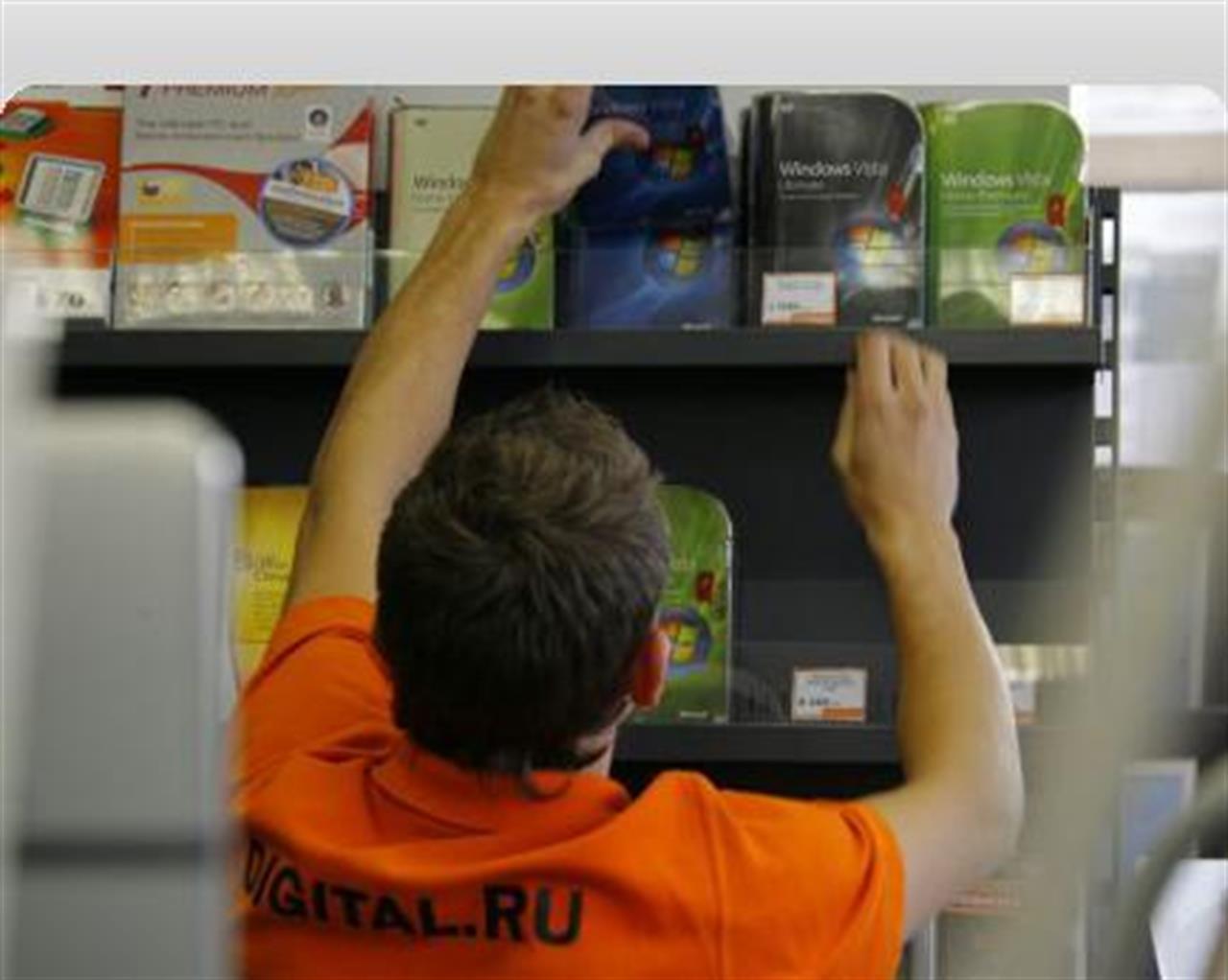Non profit
Microsoft held accountable
Microsoft pledges free software licenses to NGOs to prevent further abuse of property rights laws by authorities

“It was not the type of story that felt good to read,” said Brad Smith, Senior Vice President and Microsoft General Council, in a statement responding to allegations made in a New York Times’ article by Clifford J. Levy, published September 11, 2010. The article accused Microsoft of aiding the Russian police, on more than one occasion, in politically motivated and targeted anti-piracy enforcement against NGOs and opposition newspapers.
Levy reports that dozens of anti-software-piracy raids have been carried out against outspoken advocacy groups and opposition newspapers in recent years. Groups say that lawyers representing Microsoft regularly appear in these court cases to testify against the accused. Often the cases are dropped before sentencing but advocacy groups say by that point the damage is already done.
It’s just business. Advocacy groups in Russia told Levy that Microsoft was cooperating with the authorities because the company feared jeopardizing its business in the country.
The company says it is assessing the issues raised in the story and is taking immediate action.
“We must accept responsibility and assume accountability for our anti-piracy work,” he said. Microsoft has said that it is “moving swiftly” to prevent further leveraging “of intellectual property rights to stifle political advocacy.”
According to Smith, as a temporary solution the company has created the NGO Software License. The new license will “automatically cover the software already installed on [the] PCs” of advocacy groups up until 2012.
Smith explains that the license is “to prevent NGOs from falling victim to nefarious actions taken in guise of anti-piracy enforcement.”Microsoft has said that it will also expand its Infodonor program, launched in 2009, that donates the company’s software to Russian NGOs.
Levy’s story surrounds events involving the Baikal Environmental Wave, a reputable Russian environmental activist organisation, that had recently organised protests against the Russian government for reopening a paper factory on the Baikal lake. The organisation’s office was raided in February of this year and 12 computers were taken by the police who claimed that the Microsoft software they were running was pirated.
For Galina Kvlebyakina, co-chairwoman of Baikal Wave, there is little doubt to the true motives behind this investigation. “The police had one goal, which was to prevent us from working,” she said.
In a statement the Russian police denied the case was politically motivated, “the inspection of Baikal Environmental Wave was intended to protect intellectual property and had no connection whatsoever with the activities of the advocacy organisation.”
The finger is also being pointed at the software giant. “Microsoft did not want to help us, which would have been the right thing to do,” said Marina Rikhvanova, Baikal Environmental Wave co-chairwoman. The organisation said that not only did Microsoft reject their plea to help prove the licenses were valid but that lawyers retained by Microsoft stanchly backed the police.
Microsoft defended its actions, saying that it appeared in court to testify to the value of alleged stolen software, $3,300 (€2,500), because it was required to do so under Russian law. But Levy suggests that Microsoft was simply putting business before ethics.
Si può usare la Carta docente per abbonarsi a VITA?
Certo che sì! Basta emettere un buono sulla piattaforma del ministero del valore dell’abbonamento che si intende acquistare (1 anno carta + digital a 80€ o 1 anno digital a 60€) e inviarci il codice del buono a abbonamenti@vita.it
